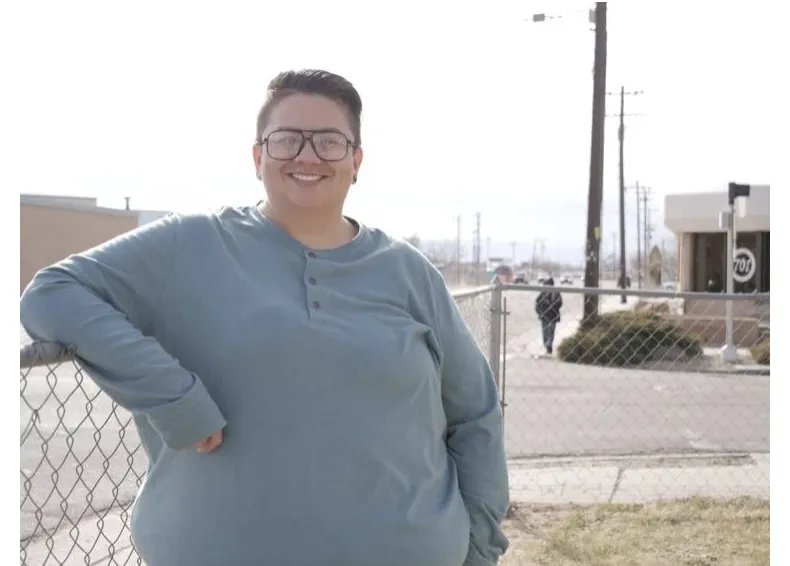Give county workers a seat at the table

Click here for Op-Ed published in Colorado Politics.
When I tell people I work in child welfare, usually the first response is something like “wow, you must deal with a lot of sad cases.” Yes, there certainly are sad cases of neglect, of children facing abuse, starvation, or worse. But for every sad case, there is a success story — a story of a child finding a forever home, of a young student finally receiving the academic support they need, of a teenager getting the freedom to pursue their passions for the first time. Child welfare is hard work, but it’s also the most rewarding work I’ve ever done.
Unfortunately, I am concerned the bad stories in child welfare will begin to outweigh the success stories. COVID-19 hit our department hard. Throughout the pandemic, we continued to do necessary home visits and check-ins with our kids in person, even without hazard pay and other protections. Many of us got sick, and many others left for safer, more stable job options. Now, in all my years working in child welfare for Pueblo County, I have never seen us as short staffed as we are now. And those who are still here? They’re burnt out, putting in double the shifts they put in before the pandemic. Being spread so thin is unsustainable, unsafe, and has the potential to interrupt or even halt some of the essential services we provide for the kids of Pueblo County.
My co-workers and I working on the front lines know better than anyone else what’s needed to save our department. But as things currently stand, county workers in Colorado have no ability to work with management on solutions to address the staffing crisis. And in some counties, workers who do try to use their voices to improve things can face retaliation or even firings.
We in Pueblo County, and all essential county workers in Colorado, need a protected voice at work so we can partner with management to solve the crucial issues plaguing our departments. This right already belongs to Colorado’s state workers and the majority of private sector workers, it only makes sense that Colorado’s county workers be afforded this same, basic freedom.
Thankfully, the state legislature is set to introduce a bill that will get us the collective bargaining rights we deserve, so we can finally get a seat at the table. The bill is called The Collective Bargaining by County, Public University and College Employees Act. If passed, it would grant county workers like myself, plus essential Colorado higher-education workers, the freedom to join in union and work with management on key workplace issues without fear of retaliation.
This bill won’t just benefit frontline workers, but all Colorado taxpayers. The staffing crisis hit public services hard, and no county was spared. The costs associated with staff turnover are some of the highest expense lines in every county budget. The extra recruitment and training that goes into replacing lost public service workers ultimately costs Colorado taxpayers millions each year.
With collective bargaining rights, county workers can finally work with management to solve the staffing crisis and save our vital public services. Having a seat at the table will allow us to have crucial conversations with our managers about what would make county jobs more attractive, so we can not only recruit more folks, but also ensure great workers stick around for the long-haul. In fact, studies show when workers have a protected voice on the job, they are more likely to stay on the job — because when you have hope that you can improve things, you have a reason to stay.
Listening is how crucial change starts to happen. When you understand what it’s like to work on the front lines, you understand how you can make these jobs more attractive and what it takes to keep people in these positions. So, I ask our legislators: listen to the workers who keep Colorado running. Save our public services. Give us a seat at the table.
Josette Jaramillo is a casework supervisor for Pueblo County’s department of social services and child protection. She also serves as the president of AFSCME Local 1335.
